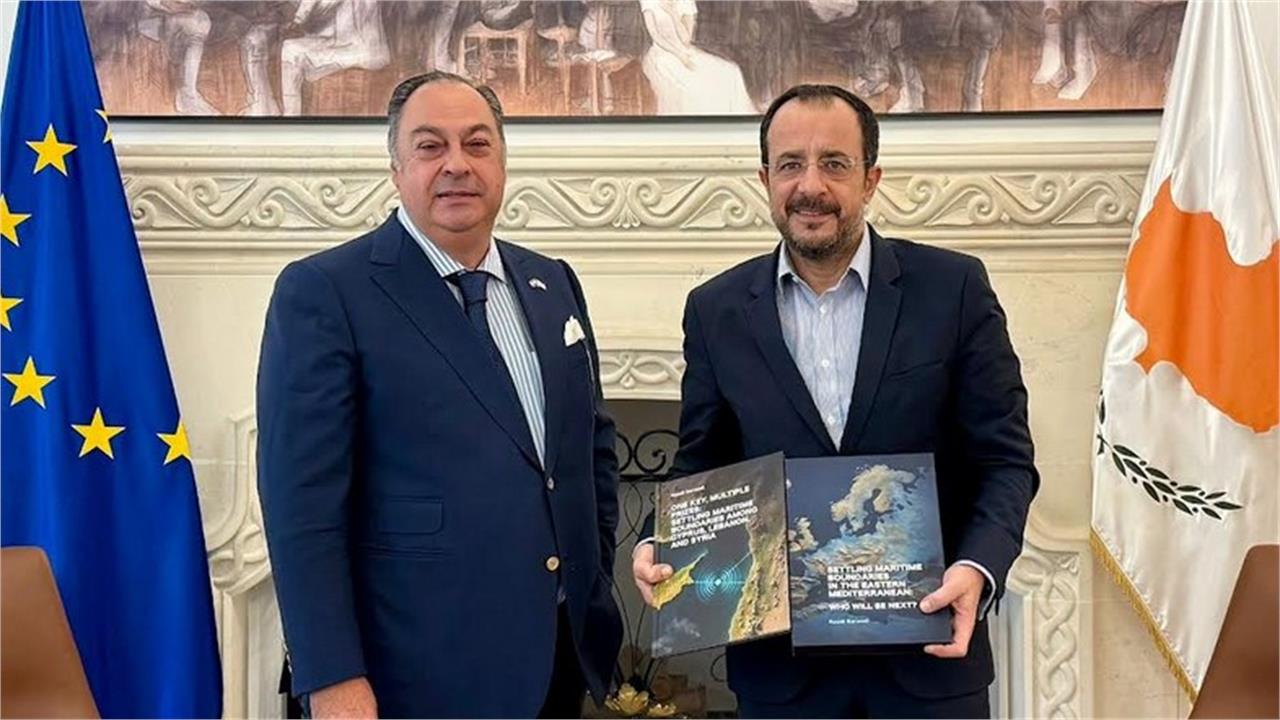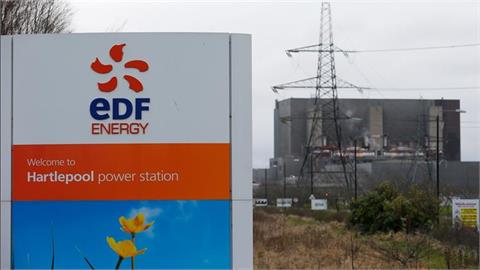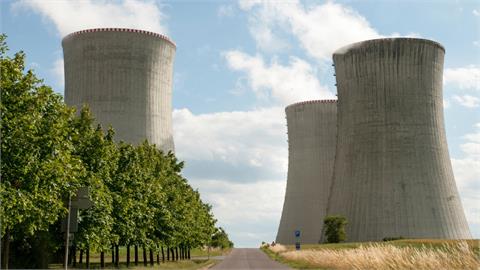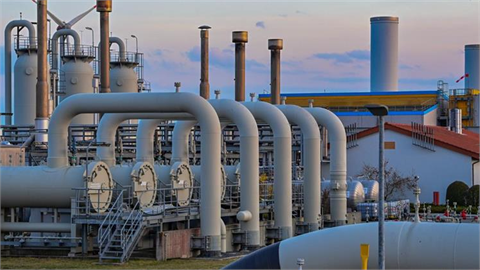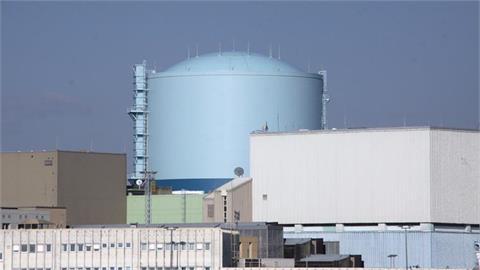Cypriot President Nikos Christodoulides met with the international energy policy expert, Roudi Baroudi, who presented copies of his two latest books, “Settling Maritime Boundaries in the Eastern Mediterranean: Who Will Be Next?” and “One Key, Multiple Prizes: Settling Maritime Boundaries Among Cyprus, Lebanon, and Syria”.
Baroudi, a long-time advocate of dialogue, diplomacy, and peaceful development as the surest routes to greater stability for the entire Euro-Med region, said he felt “honored to have been received by the President.”
Christodoulides and his Lebanese counterpart, former General Joseph Aoun, agreed in July to have their respective teams negotiate and finalize a maritime boundary line (MBL). Both countries expect to derive numerous benefits from such a pact, and having treatied borders at sea will make it easier to attract the foreign investors required to develop their respective offshore oil and gas resources.
Reaching a deal “will open up all sorts of doors for Cyprus and Lebanon,” Baroudi said after the meeting. “The trends are going in the right direction, and not just vis-a-vis Lebanon. The President has ambitious foreign-policy plans, particularly with regard to Cyprus’ activities for the first six months of 2026, when it will hold the rotating presidency of the European Union.”
“I also took the opportunity to wish His Excellency every good fortune on that mission,” he added, “especially since it is expected to focus not only on shoring up Europe’s cohesion, but also on beefing up Cyprus’ role as a bridge between Europe and its neighbors.”
Indeed, Nicosia does have an ambitious agenda for its time in the presidency, and is working closely with Denmark, the current holder, and Poland, which will follow Cyprus’ term. The so-called “trio presidency” helps to ensure continuity from one presidency to the next.
Baroudi has published several books and studies on how existing United Nations tools can help coastal states to agree fair and equitable maritime boundaries, reduce tensions, and reap significant economic and social rewards in the bargain. He also has written and spoken publicly about a variety of opportunities for regional cooperation, from interconnected power grids and offshore wind farms to joint management of marine protected areas. In 2023, he was awarded the Transatlantic Leadership Award by the Transatlantic Leadership Network, a Washington think-tank, for what it described as “his valuable contribution in building a peaceful and prosperous Eastern Mediterranean.”
In addition to these works, ever since 2011, when the full potential of the East Med’s offshore hydrocarbon deposits began to emerge, Baroudi’s advocacy role has seen him provide thought leadership for a variety of projects and proposals that would transform Cyprus into a regional energy hub. In dozens of articles, studies, media appearances, and speaking engagements, for example, the industry veteran has made the business case for the island nation to become a gas processing and distribution center for its neighbors. This would include Cyprus hosting one end of an undersea gas pipeline to the European mainland, a liquified natural gas (LNG) plant that would be the country’s largest-ever project, and/or offshore floating storage and gasification units(s) to serve more distant customers by ship.
“All of these studies and the factors they highlighted are still relevant today,” Baroudi said. “Cyprus has the proximity, the land prices, and the relationships with its neighbors to make it everyone’s partner for energy exports, but also to serve as the bedrock for a stabler and more prosperous region.”
(by Alexia Tasouli, energia.gr, September 29, 2025))
